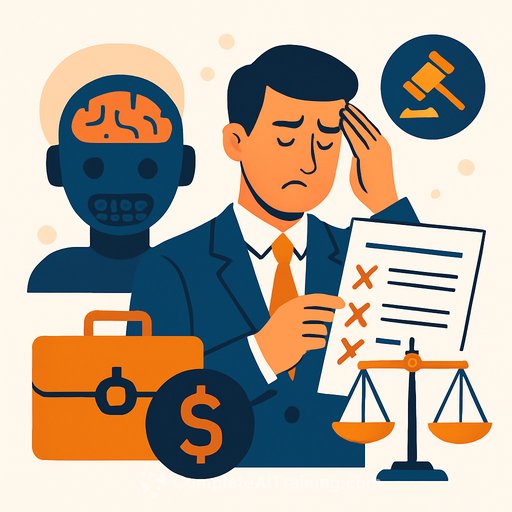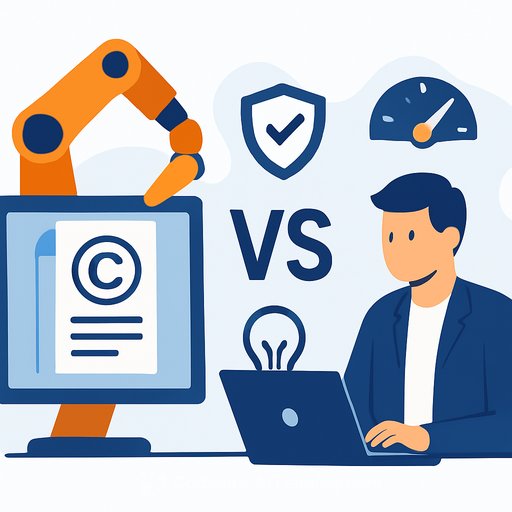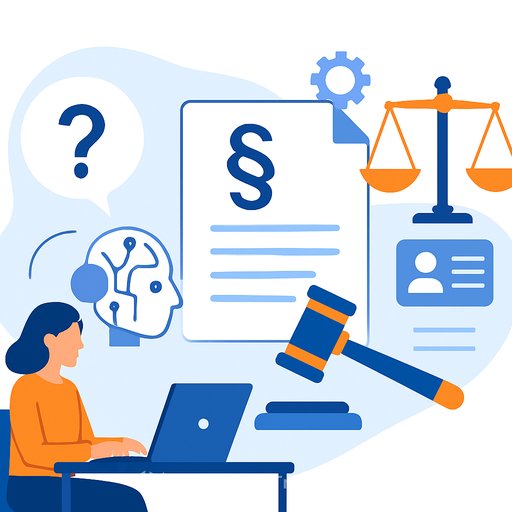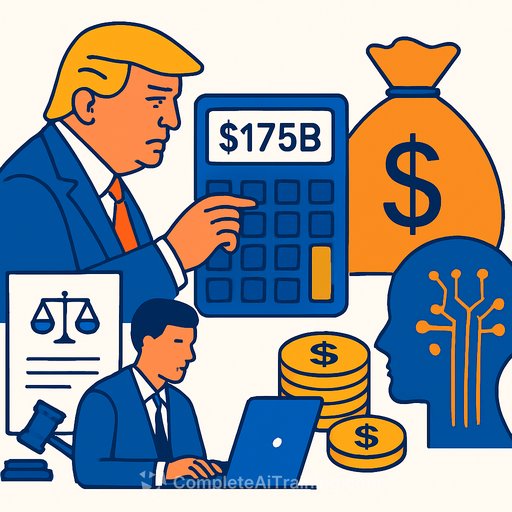AI Hallucinations Cost Top Law Firms $31K After Fake Case Citations Rock Federal Court
Two major law firms, K&L Gates LLP and Ellis George LLP, were collectively sanctioned $31,100 for submitting a federal court brief containing fabricated legal citations generated by artificial intelligence. This incident has sparked serious conversation about the risks of relying on AI in legal writing and the professional responsibility lawyers have to verify every citation.
What Happened?
The issue arose in the Central District of California during a civil case involving State Farm General Insurance Co. Former Magistrate Judge Michael Wilner, reviewing supplemental briefing, found that 9 out of 27 legal citations in the plaintiff’s brief were flawed. Some citations referenced non-existent cases, while others contained false quotations attributed to real cases.
Trent Copeland of Ellis George LLP used several AI tools to draft an outline of the brief before sending it to K&L Gates. Crucially, K&L Gates did not verify the citations before finalizing the document. The court noted that K&L Gates attorneys were unaware AI was involved and did not inquire about it. Attempts to fix the issues after initial concerns still left multiple AI-generated errors in the resubmitted brief.
Judge’s Findings and Sanctions
Special Master Wilner described the episode as a "collective debacle," highlighting the firms’ failure to perform necessary diligence to confirm the accuracy of citations. The 77-page order imposed non-monetary sanctions and awarded costs totaling $31,100, including $26,100 to reimburse State Farm for alternative dispute resolution fees and $5,000 for costs tied to AI-related errors.
The ruling denied the plaintiffs’ request for discovery, emphasizing that the flawed brief compromised the integrity of their case advocacy.
Understanding AI Hallucinations in Legal Context
“Hallucinations” in AI refer to instances where the technology fabricates information such as fictional case law or inaccurate quotations. While these may seem like simple errors, their consequences in legal practice are severe, ranging from sanctions to professional discipline and damage to clients’ interests.
The American Bar Association and courts have urged lawyers to maintain technical competence and avoid blind reliance on AI tools, especially for core tasks like legal research and drafting. This case reinforces the critical need for human oversight.
Not an Isolated Incident
This is part of a growing trend. Over the past year, several attorneys nationwide have faced penalties for submitting briefs containing fabricated citations generated by AI. One notable example is the Mata v. Avianca, Inc. case in the Southern District of New York, where lawyers were sanctioned for citing “phantom” court opinions created by ChatGPT.
The consensus is clear: AI can assist with legal work but cannot replace the scrutiny and judgment of licensed attorneys.
Key Takeaways for Legal Professionals
- Always verify the accuracy of legal citations, regardless of the drafting tools used.
- Understand that AI-generated content can contain fabricated or misleading information.
- Maintain a rigorous review process when incorporating AI assistance into legal documents.
- Be aware of professional obligations to ensure the integrity of submissions to courts.
This $31,100 penalty serves as a warning to law firms: adopting AI requires balancing innovation with accountability. Courts expect transparency and technical competence, and the costs of negligence will be borne by those responsible.
For legal professionals looking to deepen their understanding of AI tools and their safe application, resources like Complete AI Training offer courses tailored to legal roles, covering best practices and risk management.
Your membership also unlocks:





